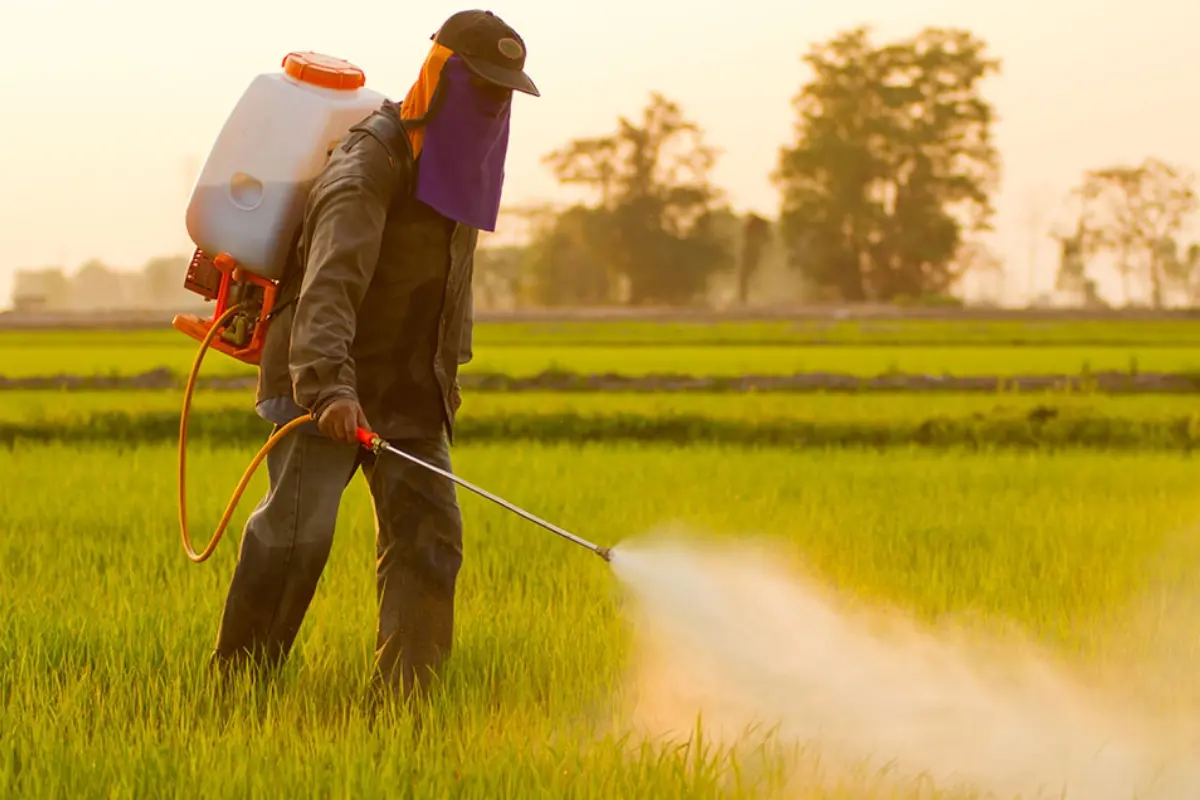
Do you want to access to this and other private contents?
Log in if you are a subscriber or click here to request service
Glyphosate/2. Reactions to the yes of Italy to the extension for ten years
Greenpeace asks the Government to reconsider. Satisfaction instead from Pan Europe and Isde Italy

"Italy’s vote in favour is paradoxical". This is how Greenpeace expresses itself with regard to the taking of positions by the Italian Government which, in Brussels, voted in favour of extending the use of glyphosate for ten years. "In our country there is a protest against wheat imports from Canada because it contains glyphosate residues, but at the same time the Government votes yes to renewal t...
fc - 35163
EFA News - European Food Agency
EFA News - European Food Agency